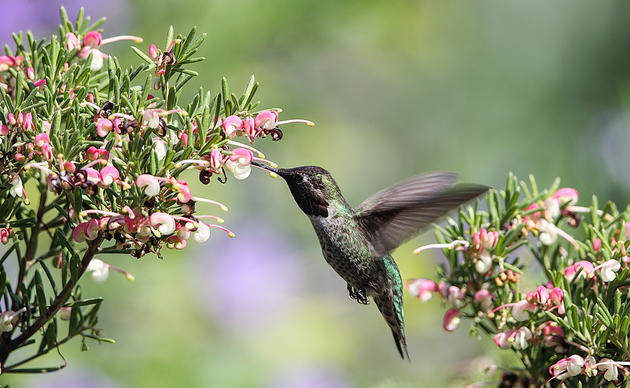Representatives from Audubon will be in Van Nuys tomorrow to argue before the California Fish and Game Commission in support of an emergency listing of the rare Tricolored Blackbird. Our message will be that this is an appropriate step to arrest the rapid decline of this near endemic species, but that listing alone won’t reverse the decline. So we will also commit to continue our work with agricultural partners others to ensure the birds’ future.
In order to prevent hardships on landowners and the department, we request that the commission allow adequate time to conduct landowner outreach by listing this species now. This action will minimize potential conflicts by providing critical time to create sensible procedures, and widely publicize information to landowners about the species decline and available assistance programs.
You might recall that the commission took up this issue in August of this year. At that time, the commission was responding to a petition from Fish and Wildlife Department staff, responding to a survey that found a 44 percent drop in the bird’s population from the time of the last survey conducted in 2011. Surveyors counted 145,000 Tricolored Blackbirds, down from 260,000 in 2011. That survey was conducted by UC Davis in conjunction with Audubon California.
The latest petition was submitted in October by the Center for Biological Diversity, and includes a request for both the emergency listing and full listing. According to the California Endangered Species Act, the Commission may list a species when there is an imminent danger to a bird. Once listing is approved, the bird will be protected for six months, after which time the listing may be renewed for another six months. Regardless of the outcome of tomorrow’s hearing, the commission will likely take up the full listing this spring.
The Tricolored Blackbird, which once numbered in the millions, lives almost entirely in California, and has long been of concern to conservationists. It is one of the last surviving colonial land birds, nesting in sometimes massive colonies of 20,000 or more birds. Habitat loss and breeding colony disruption are considered to be the main causes of its decline.
In recent years, Audubon California has partnered with the Natural Resources Conservation Service and the U.S. Fish & Wildlife Service to strike agreements with dairy farmers to delay harvests to allow the young birds to fledge. These agreements with farmers have saved many thousands of Tricolored Blackbirds. This past year, Audubon California and its supporters rallied to save a massive colony of at least 20,000 birds to fledge its young.
(photo by Kelly Weintraub)
By Garrison Frost
Monthly Giving
Our monthly giving program offers the peace of mind that you’re doing your part every day.




